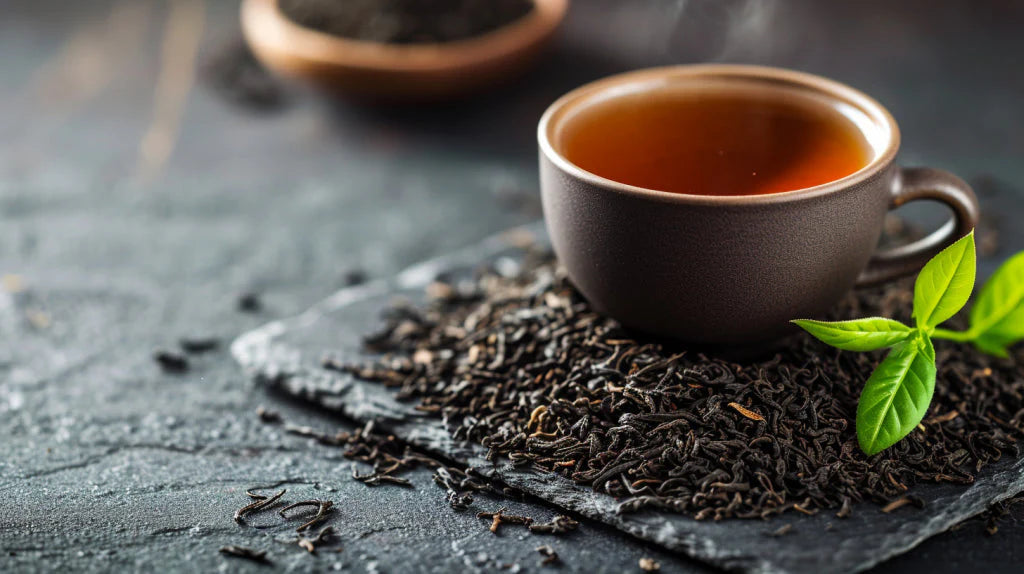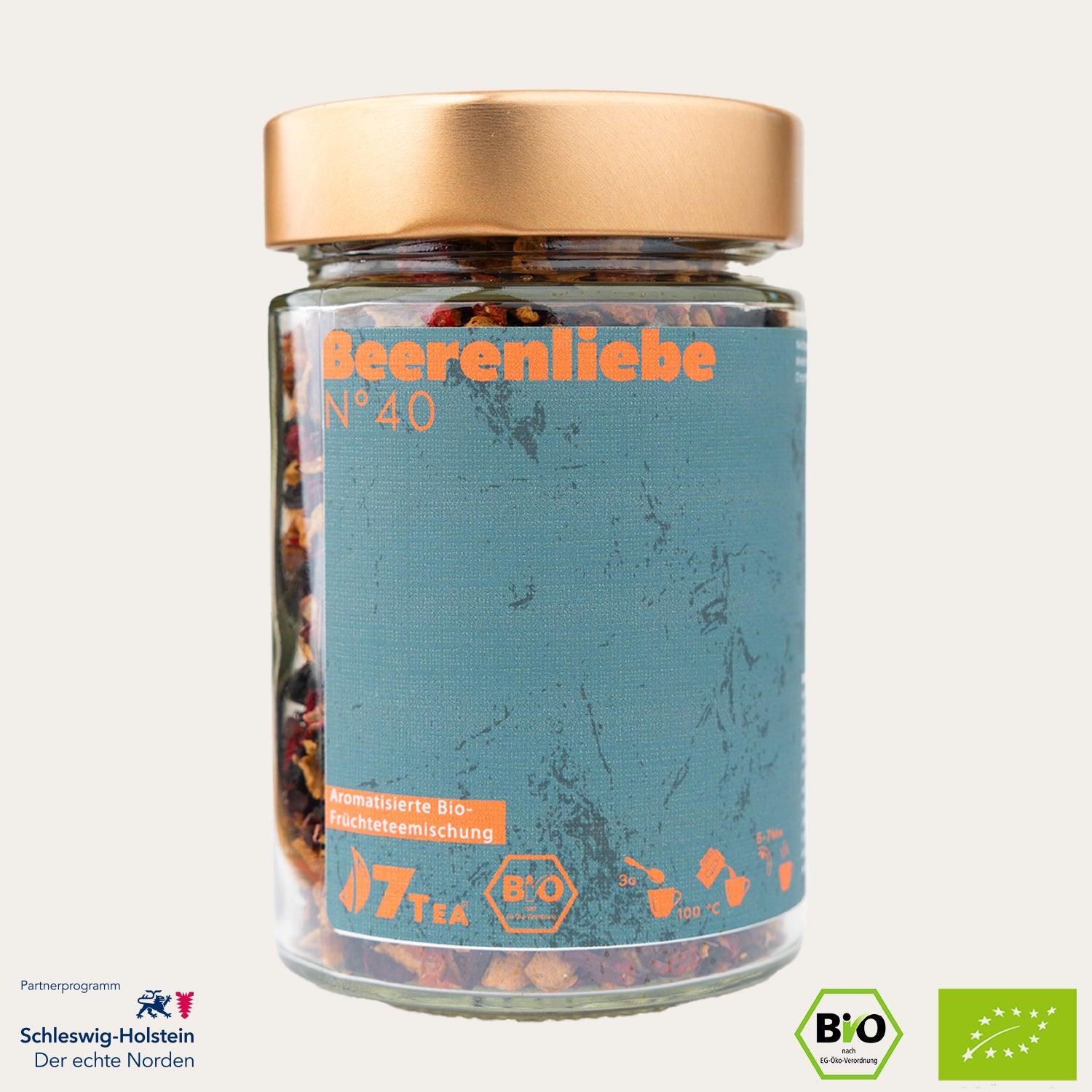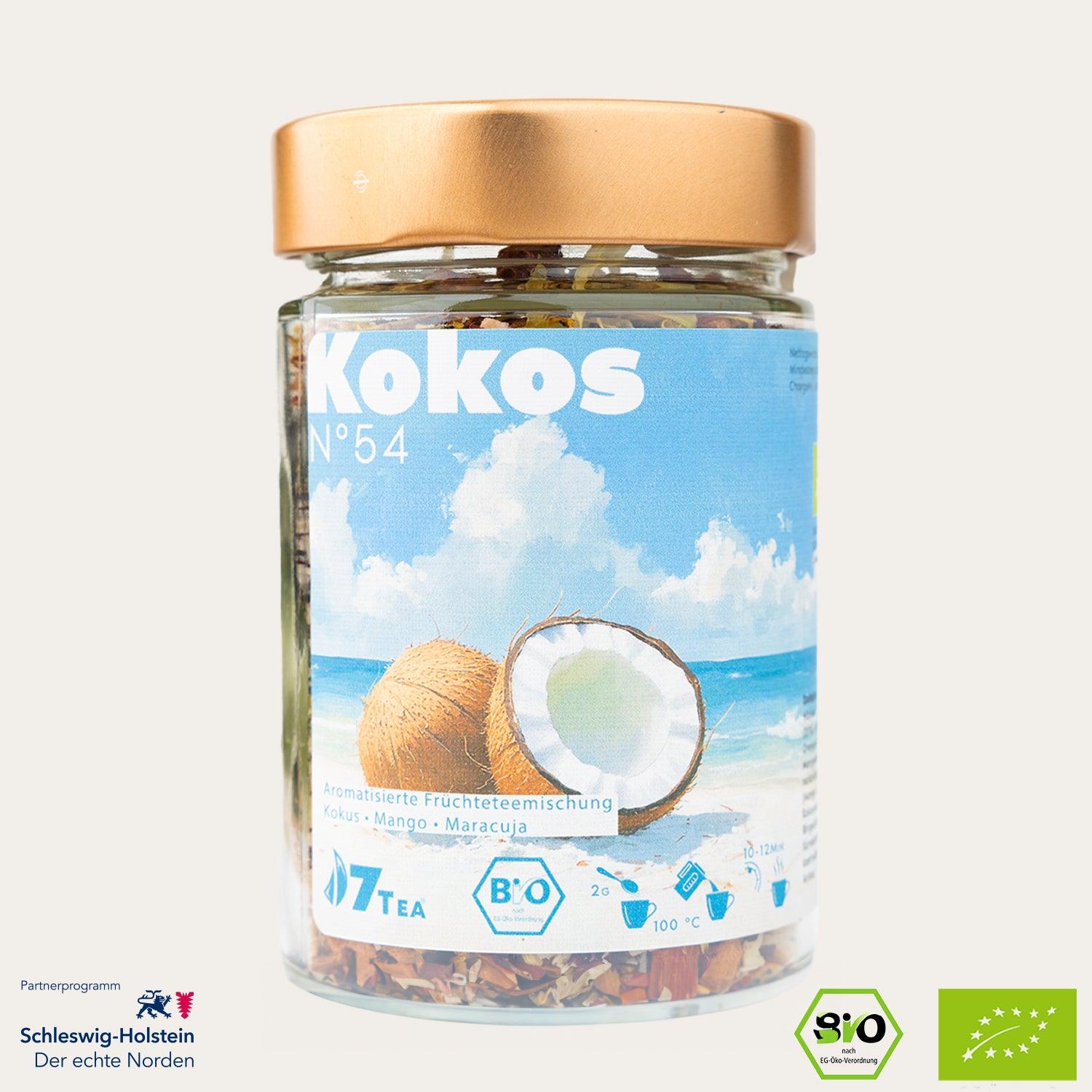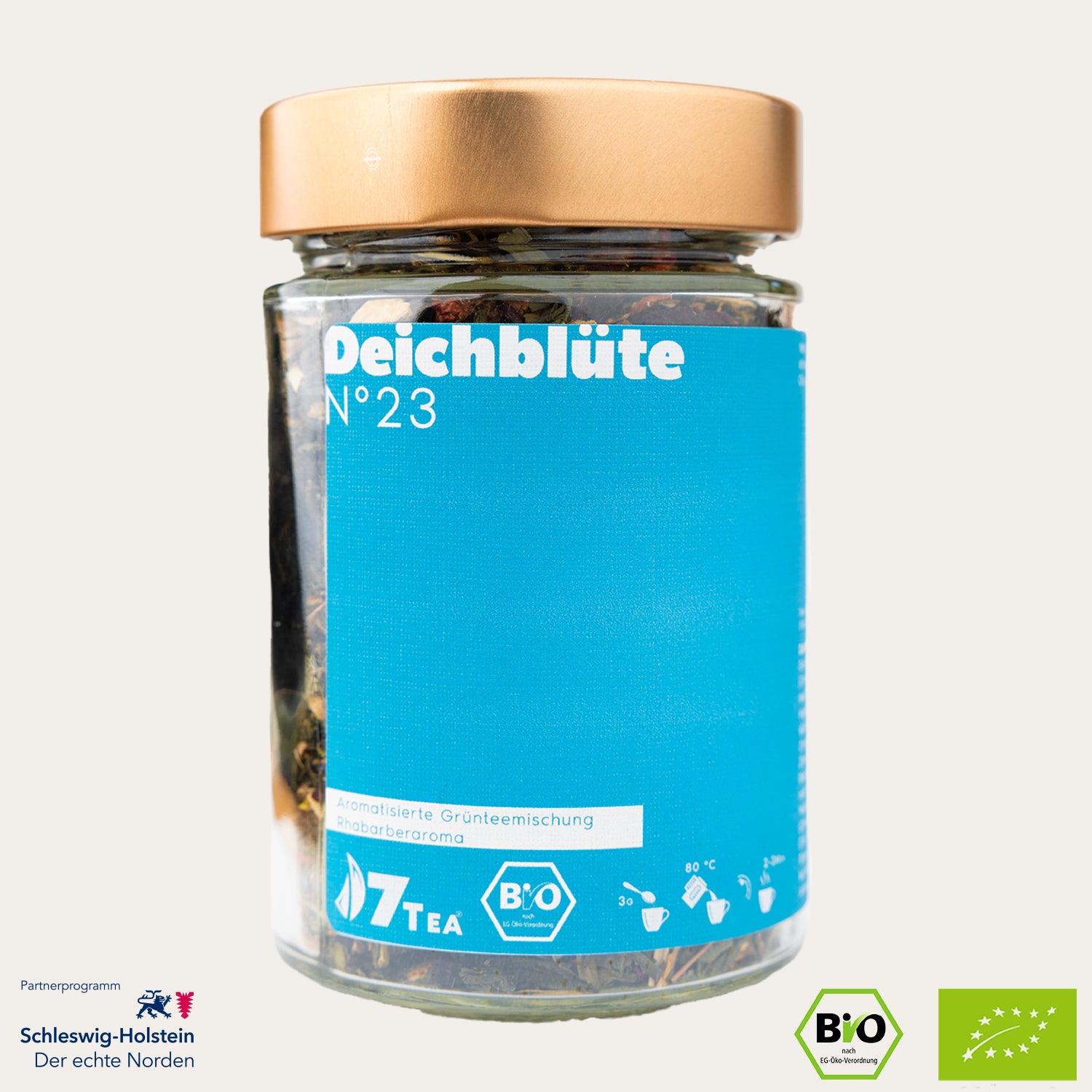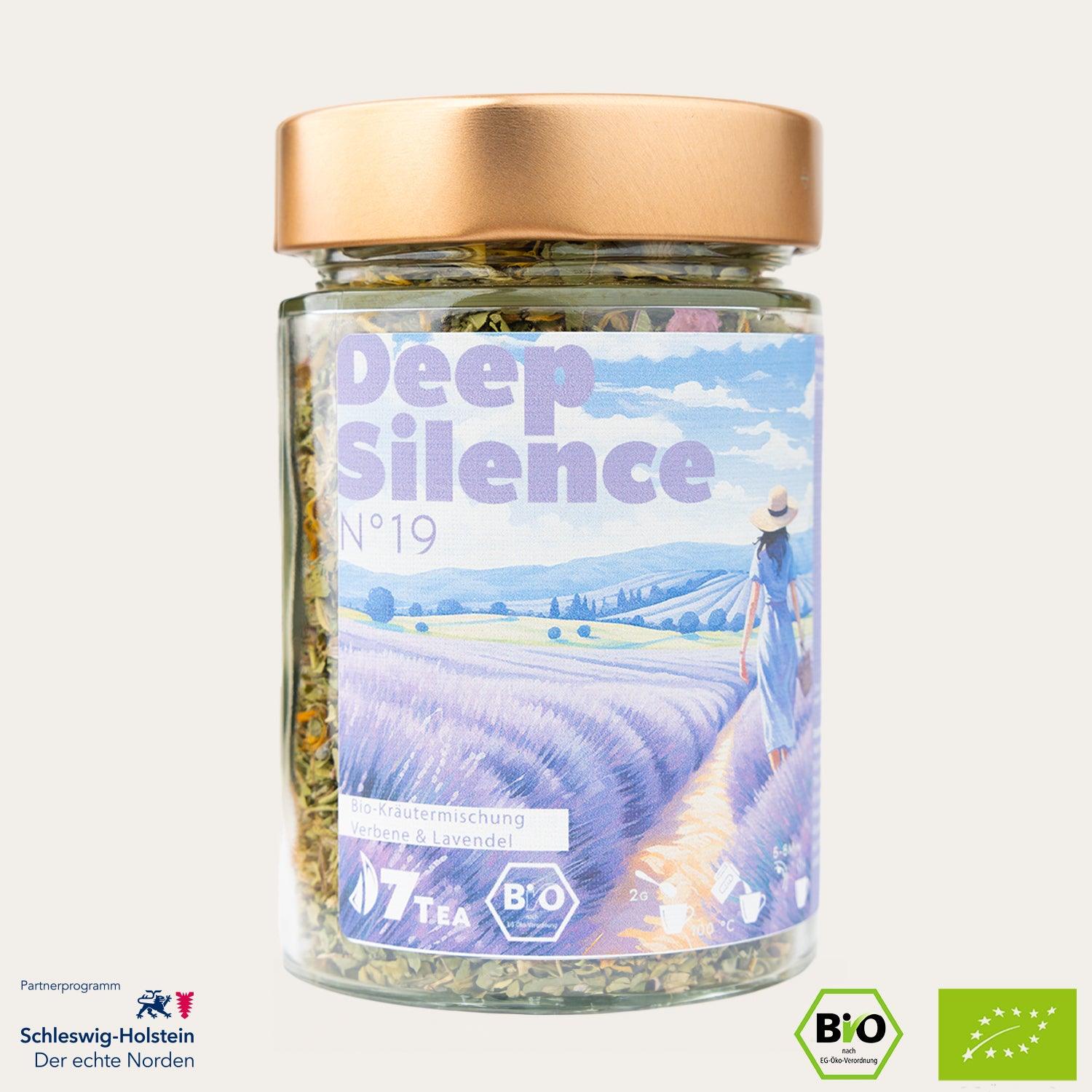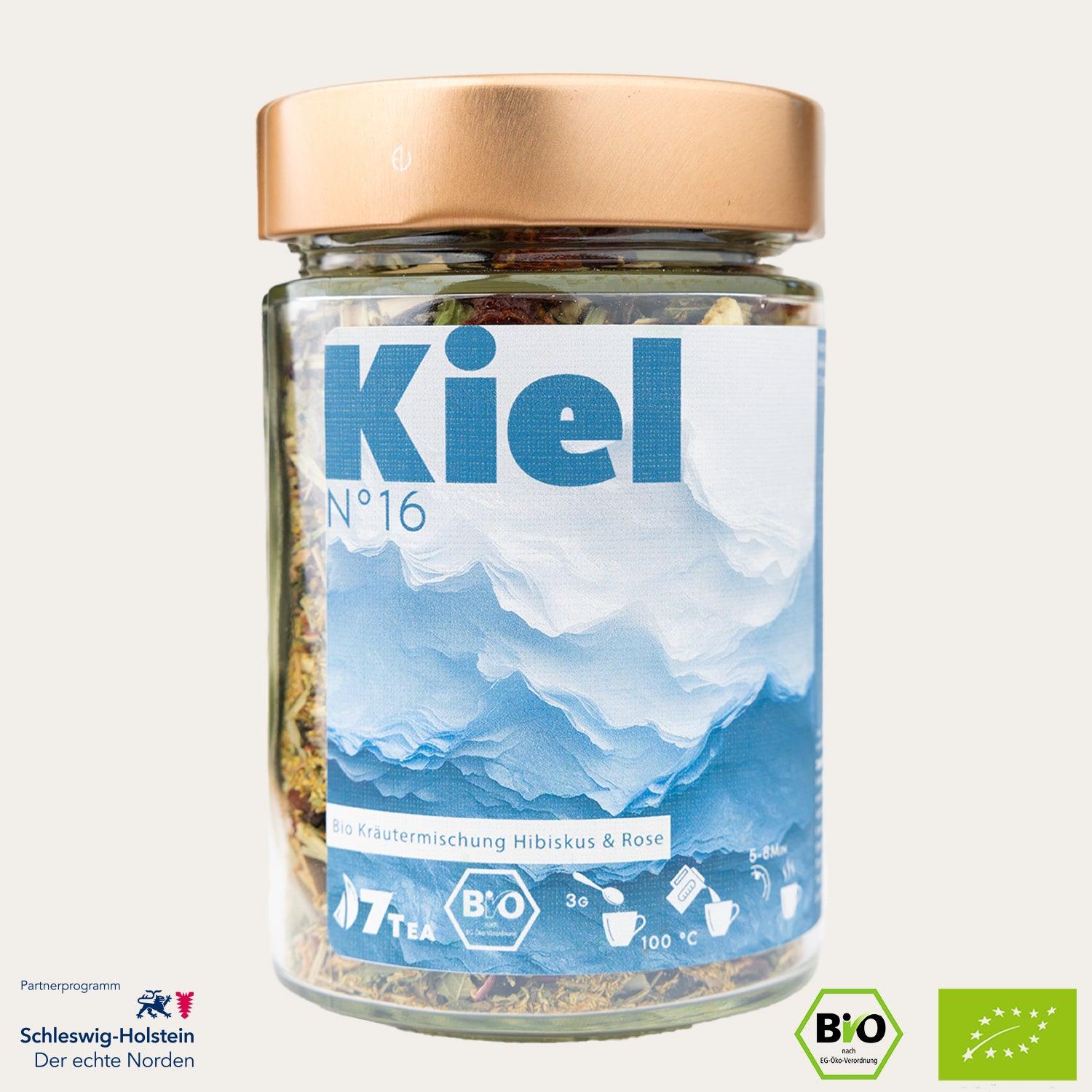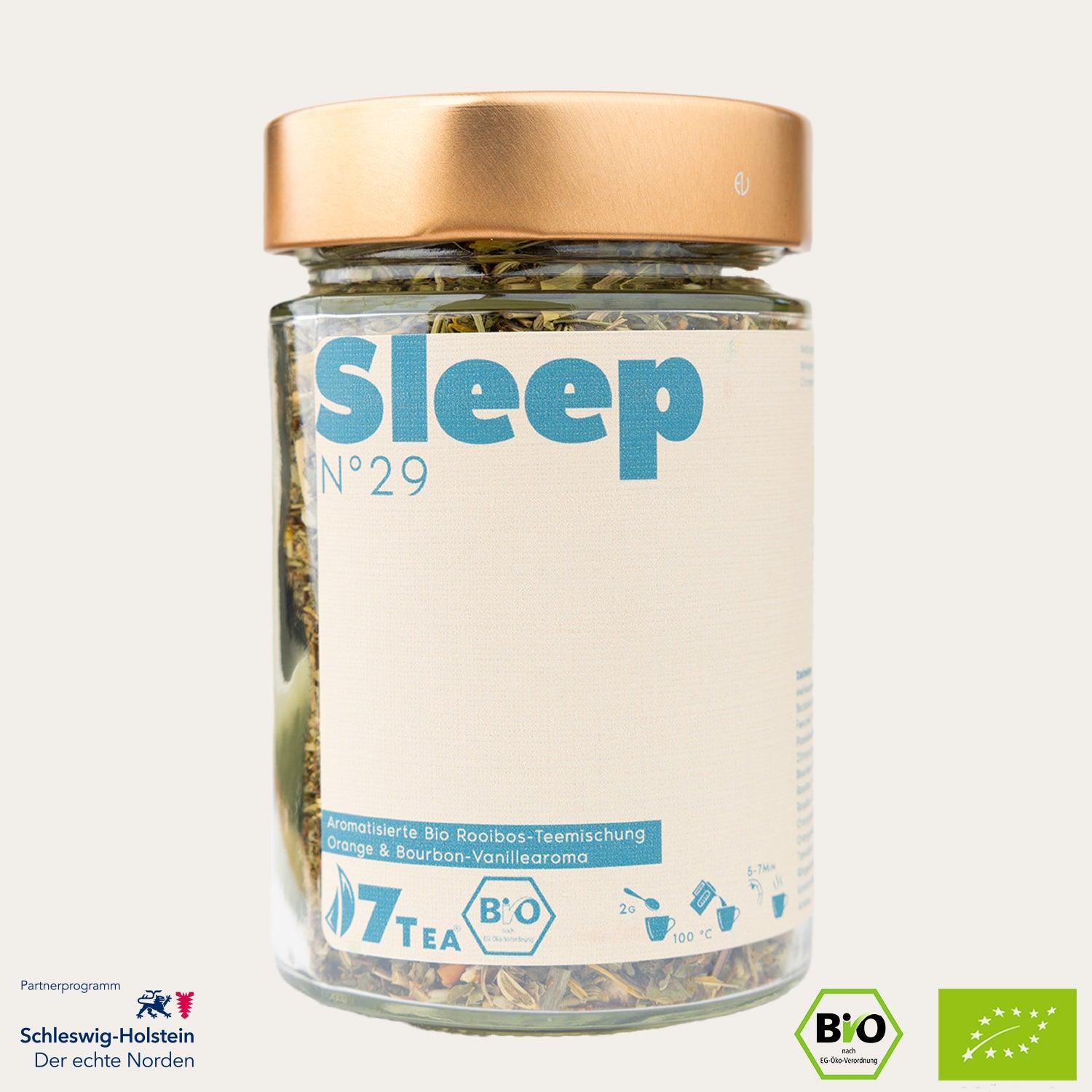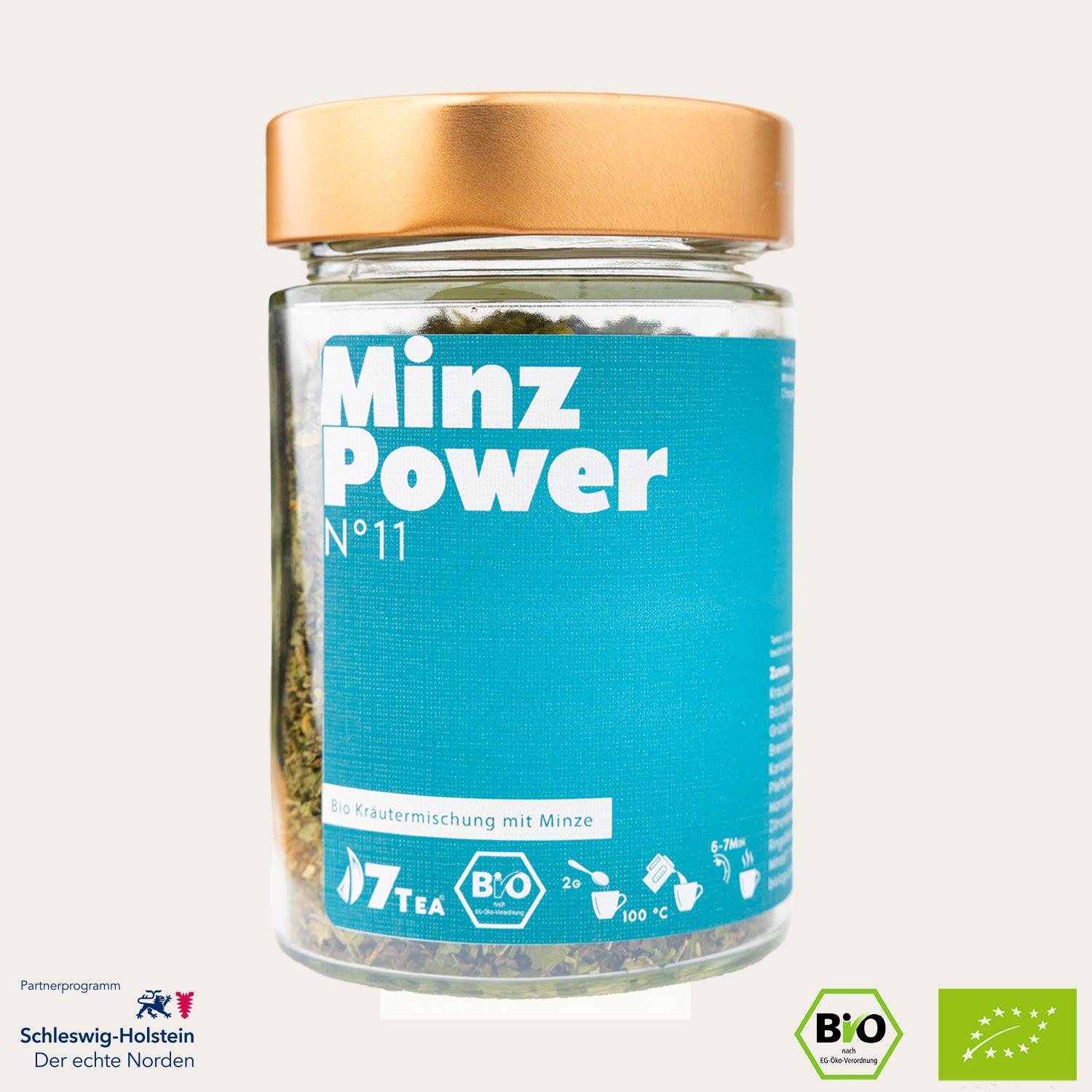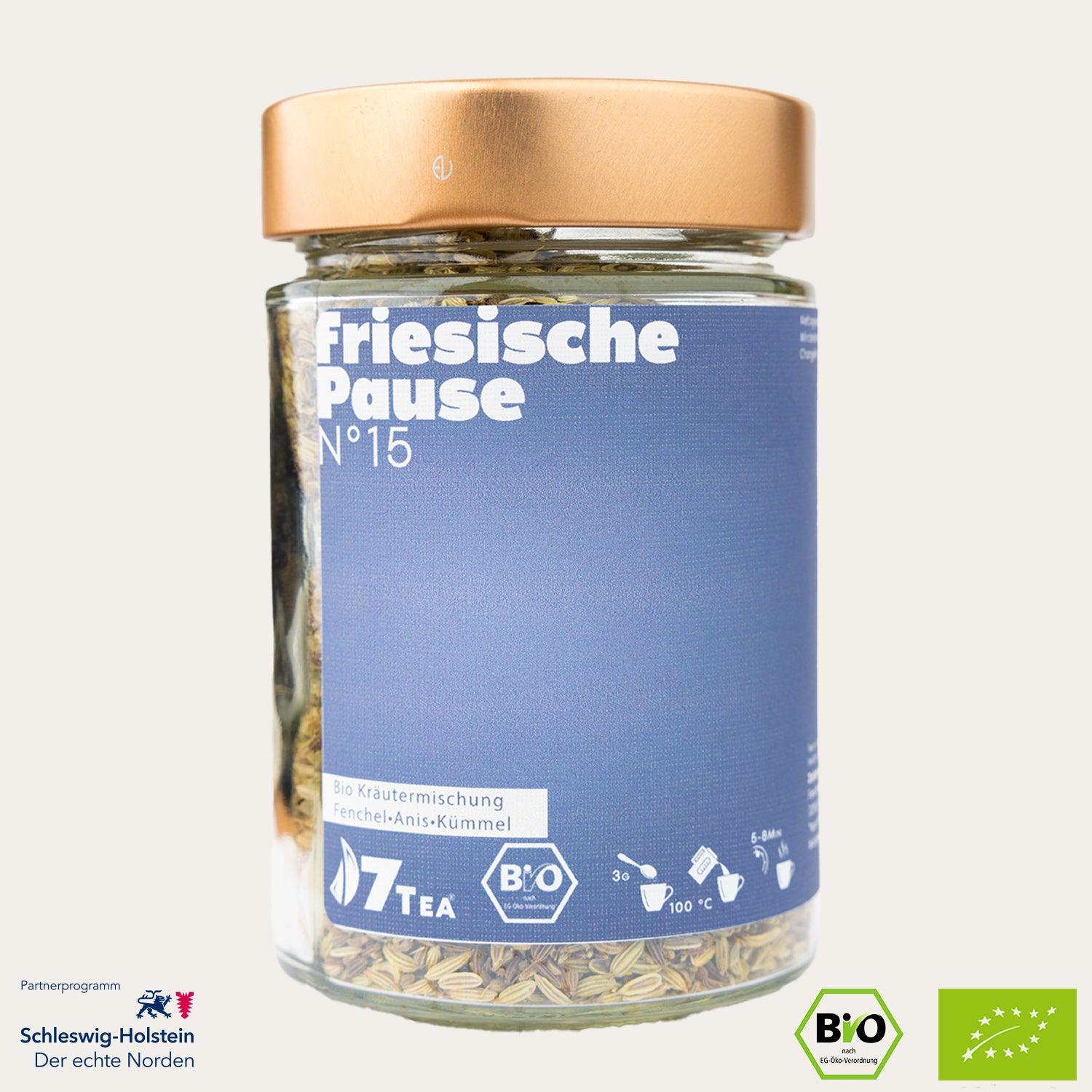The diverse effects of green tea – what you should know
Table of contents
- Introduction
- Basics: What is Green Tea?
- Health Benefits of Green Tea
- Green tea and its effect on metabolism
- Psychological effects of green tea
- Green tea in skin care
- Dosage and safe consumption habits
- Conclusion
1 Introduction
Green tea, often considered a super drink, is popular worldwide. But what effects does green tea really have on our body and mind? This article delves into the world of green tea and highlights its diverse effects.
2. Basics: What is green tea?
Green tea is made from the leaves of Camellia sinensis, which are not fermented. This process preserves the important bioactive compounds that make tea so valuable.
Green tea, a popular drink worldwide, comes from the leaves of the Camellia sinensis plant. The key that differentiates green tea from other types of tea such as black tea or oolong tea lies in its processing process. Here are some basic facts about green tea:
-
Production process: In contrast to black tea, which is fermented, green tea leaves do not undergo a fermentation process. Instead, the tea leaves are quickly steamed or roasted after being harvested. This process prevents oxidation of the leaves, preserving the green color and important bioactive compounds.
-
Bioactive Compounds: Green tea is rich in polyphenols, especially catechins. These antioxidants are responsible for most of green tea's health benefits. Epigallocatechin gallate (EGCG) is the best-known and most intensively researched catechin in green tea.
-
Health Benefits: Green tea has been linked to various health benefits, including improving heart health, aiding in weight management, reducing the risk of certain cancers, and promoting brain health. These benefits are mainly attributed to the antioxidant properties of the catechins contained in green tea.
-
Caffeine content: Green tea contains caffeine, but in lower amounts than black tea or coffee. The caffeine content can vary depending on the type of tea, how it is grown and how it is prepared.
-
Taste: The taste of green tea can range from grassy and fresh to umami and nutty notes, depending on the variety, the quality of the leaves and the method of preparation.
-
Preparation: The preparation of green tea can vary depending on the variety. As a rule, it is recommended not to bring the water to a boil, but to allow it to cool to around 70-80°C before infusing the tea to avoid over-extraction and bitterness.
Overall, green tea is not only a pleasant drink but also a source of compounds that can provide various health benefits.

3. Health Benefits of Green Tea
Rich in antioxidants, polyphenols and catechins, green tea can reduce the risk of various diseases and promote overall well-being.
Green tea is known for its numerous health benefits, largely due to its high levels of antioxidants, polyphenols and catechins. Here are some of the top health benefits of green tea:
-
Cardiovascular Health: Green tea may reduce the risk of cardiovascular disease. The antioxidants in green tea may help lower LDL cholesterol (the "bad" cholesterol) and protect blood vessels, leading to improved heart health.
-
Cancer Prevention: Some studies have shown that the antioxidants in green tea may reduce the risk of several types of cancer, including breast, prostate and colon cancer. This effect is largely attributed to EGCG (epigallocatechin gallate), one of the most potent catechins in green tea.
-
Weight management: Green tea can boost metabolism and promote fat burning, making it a popular ingredient in many weight loss programs. In particular, the combination of the catechins contained in green tea with caffeine can increase the thermogenic effect.
-
Diabetes management: Green tea may help regulate blood sugar levels and reduce the risk of type 2 diabetes. Its bioactive compounds can improve insulin sensitivity and promote glucose uptake into cells.
-
Brain Health: Regular consumption of green tea can improve cognitive function and reduce the risk of neurodegenerative diseases such as Alzheimer's and Parkinson's. Catechins can have neuroprotective effects and protect brain cells from oxidative stress.
-
Improve dental and oral health: The catechins in green tea have antibacterial properties that can help improve oral hygiene and inhibit the growth of bacteria and viruses in the mouth.
-
Longevity: Studies in regions with high green tea consumption show higher life expectancy and lower mortality rates. This could be due to the multiple health benefits of green tea.
It is important to note that green tea is best consumed in its natural form, without excessive amounts of sugar or dairy products, to reap its full health benefits. Although green tea is generally considered safe, caution should be exercised when consuming very high levels, particularly due to its caffeine content and possible effect on iron absorption.
4. Green tea and its effect on metabolism
Studies suggest that green tea can accelerate fat burning and thus contribute to weight loss. It also has a positive effect on cardiovascular health.
Research into green tea and its effects on metabolism, fat burning, weight loss and cardiovascular health has produced some interesting findings:
-
Phenolic Compounds and Antioxidants: Green tea contains high amounts of phenolic compounds and retains the highest antioxidant abilities among major teas. Nevertheless, recent research suggests that green tea weight loss is more related to enzyme inhibition and interactions with the gut microbiota than to its antioxidant activity (O'Neill Rothenberg, Zhou & Zhang, 2018).
-
Combination Effects of Green Tea Extract and Exercise: The combination of decaffeinated green tea extract and voluntary exercise has been studied and certain positive effects have been noted. This combination altered gene expression in liver and skeletal muscle, particularly related to lipid metabolism and mitochondrial function, which could help prevent obesity (Sae-tan et al., 2013).
-
Improving insulin sensitivity and endothelial function: Supplementation with the green tea polyphenol EGCG in mice fed a high-fat diet improved insulin sensitivity, reduced weight gain, and improved endothelial function (Jang, Ridgeway, & Kim, 2013).
-
Reducing cardiovascular risk: Green tea consumption has been linked to reduced mortality from cardiovascular disease. Green tea is effective in lowering blood pressure, LDL cholesterol, oxidative stress and chronic inflammation. Studies show that green tea may have positive effects on obesity and type 2 diabetes, such as reducing the risk of developing type 2 diabetes and lowering body fat percentage (Kim & Kim, 2013). .
These studies highlight the potential health benefits of green tea, particularly in promoting weight management and improving cardiovascular health. However, it is important to note that these effects must be seen in the larger context of a balanced diet and regular exercise.
5. Psychological effects of green tea
The amino acid L-theanine in green tea can have a calming effect while improving concentration and mental clarity.
Green tea contains the amino acid L-theanine, which is known for its potentially calming and concentration-enhancing properties. Here are some key points about the mental health effects of green tea:
-
Reducing Stress and Anxiety: L-Theanine in green tea can help reduce stress and anxiety. It promotes relaxation without making you sleepy. L-Theanine increases the production of alpha waves in the brain, which are associated with relaxed alertness.
-
Improve concentration and cognitive function: The combination of L-theanine and caffeine, which occurs naturally in green tea, can improve concentration and attention. L-Theanine can modulate the stimulant effects of caffeine, resulting in improved cognitive performance without the usual side effects of caffeine, such as restlessness or nervousness.
-
Mood improvement: L-theanine can also improve mood. It acts on various neurotransmitters in the brain, including dopamine and serotonin, which influence well-being.
-
Improve Sleep: Although green tea contains caffeine, L-theanine may help improve sleep quality, especially in those who suffer from sleep disorders. It helps promote relaxation before bed and improve sleep quality without sedation.
-
Potential neuroprotective effects: Some studies suggest that L-theanine may have neuroprotective effects that could protect the brain from damage caused by neurotoxins and reduce the risk of neurodegenerative diseases.
It is important to note that many of these effects require further research to fully understand their effectiveness and mechanisms. However, consuming green tea as part of a balanced diet can contribute to an overall sense of well-being and support mental health.

6. Green tea in skin care
Its antioxidant properties make green tea a popular ingredient in skin care products. It can help protect the skin from free radical damage.
The use of green tea in skin care and its antioxidant properties to protect against free radicals have been investigated in several studies. Here are some key takeaways:
-
Protection against oxidative stress: Green tea increases the radical-scavenging activity of the skin and offers protection against cutaneous oxidative stress (Megow et al., 2017).
-
Improvement in skin penetration and antioxidant effects: Epigallocatechin gallate (EGCG) from green tea embedded in niosomal nanocarriers showed improved skin penetration, antioxidant effects and increased the survival rate of skin cells after UVA irradiation compared to free EGCG (Li et al., 2022) .
-
Protection against ultraviolet radiation and free radicals: Green tea catechins provide protection against ultraviolet radiation and free radicals. They also have positive effects on skin photoprotection, including antimelanogenic, anti-aging, antioxidant and anti-inflammatory effects, as well as the prevention of immunosuppression caused by UV irradiation (Roh et al., 2017).
-
Neuroprotective effects: Green tea administration showed neuroprotective effects, improving memory impairment and reducing oxidative damage in a study on rats with streptozotocin-induced Alzheimer's disease (Amirpour et al., 2021).
-
Higher total phenolic content compared to black tea: Green tea has higher total phenolic content and stronger antioxidant capacities compared to black tea, especially in four-minute infusions (Biryomumaisho Justus Murokore et al., 2023).
These studies highlight the diverse benefits of green tea in skin care, particularly its ability to protect skin from free radical damage and support skin health through its antioxidant properties.
7. Dosage and safe consumption habits
Although green tea offers many benefits, it is important to consume it in moderate amounts. This section offers recommendations for safe and healthy consumption.
8. Conclusion
Green tea is more than just a drink; it is a powerful ally for health and well-being. From improving mental functions to supporting metabolism, the benefits of green tea are as diverse as they are compelling.



